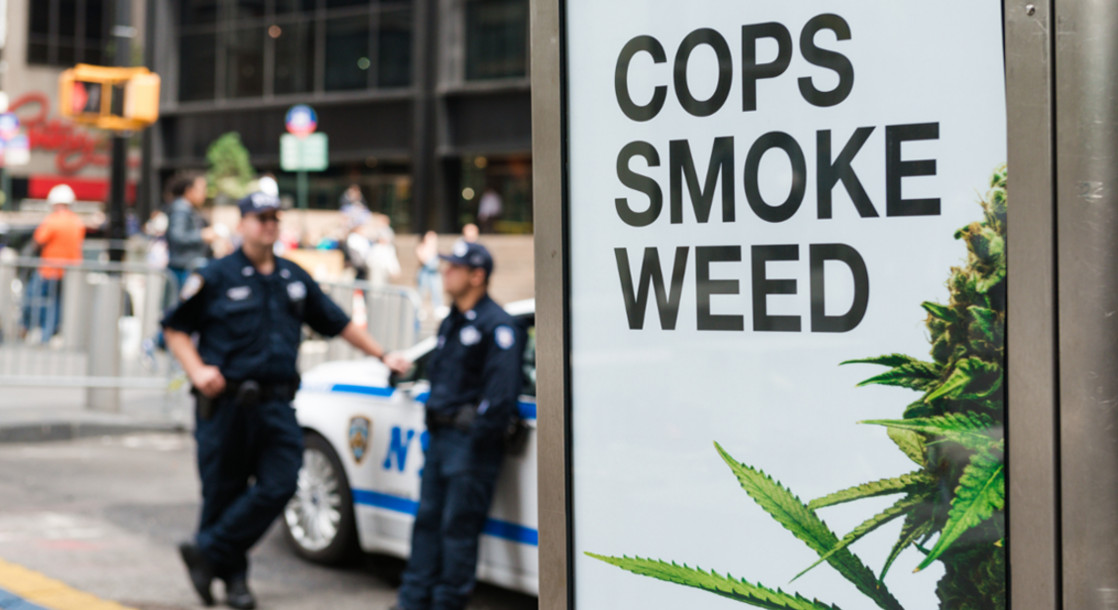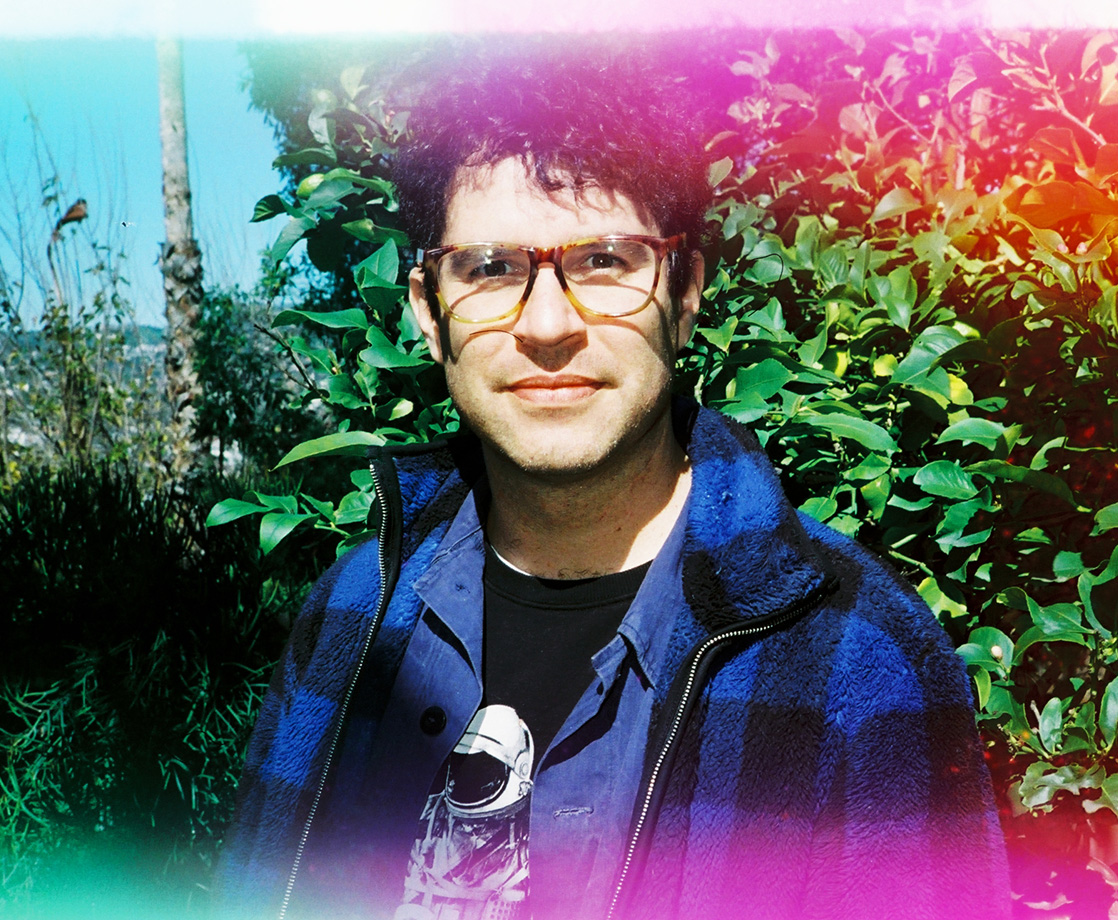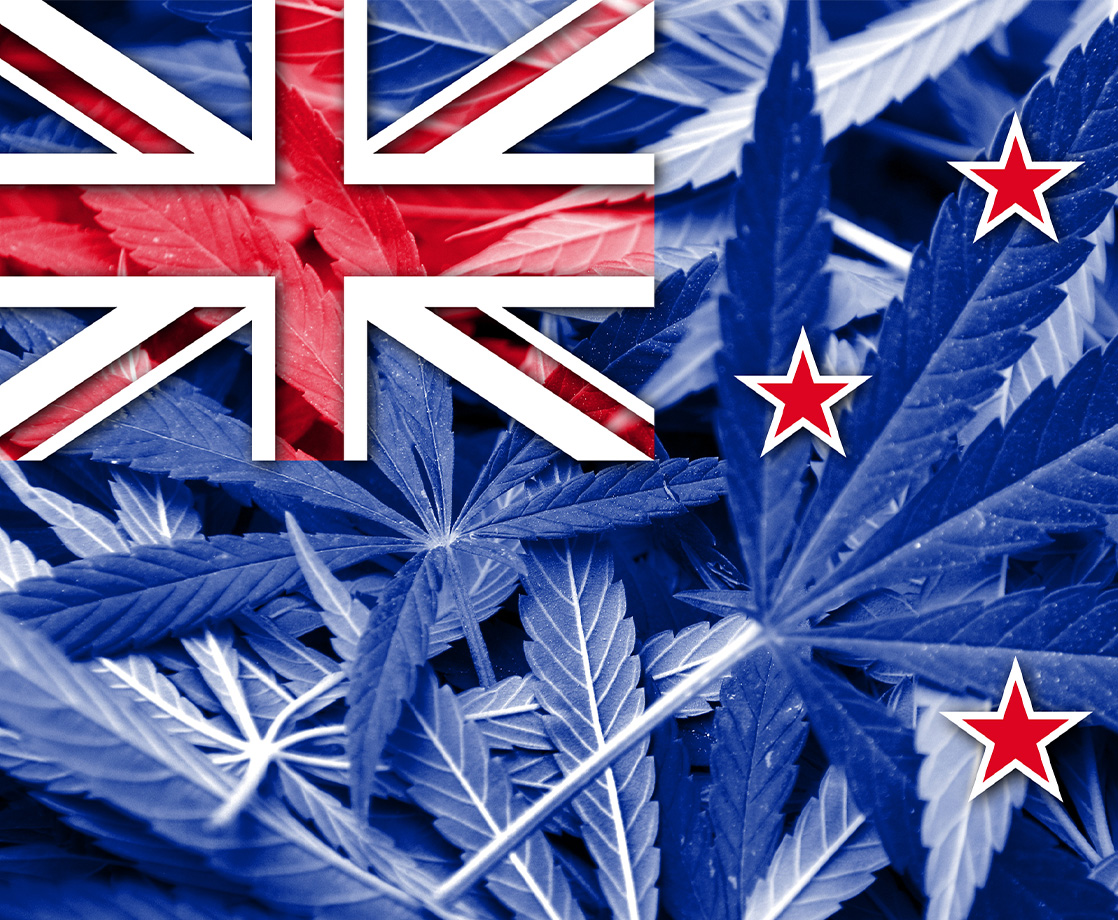Photo via 400tmax
Cannabis prohibition in New York State could have a fast approaching expiration date — if legislators take into account all the factors working against it.
According to a recent poll, 62 percent of New York voters think cannabis for adults over 21 should be legal, with only 28 percent opposed. Meanwhile, with New Jersey's recent election of Phil Murphy for governor — who has promised to legalize cannabis rather than suppress it as his predecessor and outspoken pot opponent Chris Christie did — prohibition in New York will become an increasingly untenable policy. During his campaign, Murphy pledged to "legalize marijuana so police can focus resources on violent crimes." Assuming New Jersey does move forward with legalization in the near future, policing the influx of legal weed over the border would likely be an unpopular use of law enforcement resources in New York.
Conducted at Emerson College and commissioned by the Marijuana Policy Project Foundation and the Drug Policy Alliance, the poll surveyed 600 registered voters around New York State. In addition to finding 2-to-1 support for legalization, it also found that voters were much more supportive of legalizing and taxing cannabis as a way to balance New York’s budget deficit than they were of potential financial remedies.
Though New York already has a limited medical marijuana program, its pending legalization bill has languished in the state legislature for years. Increased public support will be critical in moving the Senate Republicans and Governor Andrew Cuomo toward supporting the bill, which is currently in committee in both houses, says New York State Assembly Health Committee Chair Richard Gottfried, who initially drafted the state's medical marijuana bill. "And legalization in neighboring states will demonstrate to the Governor and legislature that this is a good public health, public safety, and fiscal policy," he adds. But until there's a Democratic majority in the Senate, he predicts it will face an uphill climb.
"We need to move beyond our completely broken prohibition model for marijuana, to a sensible tax-and-regulate model," Gottfried says. "Most New Yorkers are way ahead of many lawmakers on this. They know marijuana is less harmful than alcohol, and our law is dishonest in how we treat it. Criminalizing marijuana does not prevent marijuana use. It creates an illegal drug market that costs millions of dollars in law enforcement and other resources while disproportionately affecting minority communities."
Cannabis legalization at the state level has already fostered nearly 150,000 jobs for Americans. In New York, it could be a "massive source of socio-economic empowerment for communities of color," says Jacob Plowden, co-founder and creative director of the Cannabis Cultural Association. Entrepreneurship in a legal market offers a chance for people of color to have an equitable stake of ownership in the industry, after having been disproportionately targeted for decades by the War on Drugs. "African American and Latinx communities who can overcome [the] stigma would look to legalization as a safer alternative to the illicit market that would allow for legitimate business opportunities. Ultimately, legalizing cannabis won’t end racism, but it will dismantle a large tool of the racist structure that is the Drug War."
If New York does legalize, Plowden recommends legislators look at states like California and Massachusetts, which included restorative justice provisions in their legalization models to compensate for consequences of the Drug War. "At the city level, New York should model Oakland and San Francisco’s equity program, which sets aside a percentage of all permits to go to the residents of communities most impacted by cannabis prohibition who wish to gain entry into the legal cannabis market," he says.
But that's still a long way off — New York's legislative session doesn't even begin until January.
"The results of the poll are very encouraging, and so for the legislators who work for their constituents, what their constituents think makes a great deal of difference to them," says Troy Smit, a board director for Empire State NORML. "When you have your own people supporting something like that, it really drives the ball home. But it will really come down to Cuomo."
Governor Cuomo, who has been publicly skeptical of legalizing recreational cannabis, will be up for reelection in 2018. And this most recent election has shown that support for marijuana legalization is a winning issue on the campaign trail. Successful gubernatorial candidates like Murphy in New Jersey and Ralph Northam in Virginia have shown that advocating for marijuana liberalization (without first having to be asked about it) is a mainstream issue the public increasingly cares about — after all, Gallup's most recent poll on legalization shows more than 60 percent support nationwide for legalizing cannabis. "Although he's [the] incumbent, there are some candidates within the Democratic party who are possibly looking to take him on," says Smit. "And some of those candidates have a more liberal stance on cannabis."











